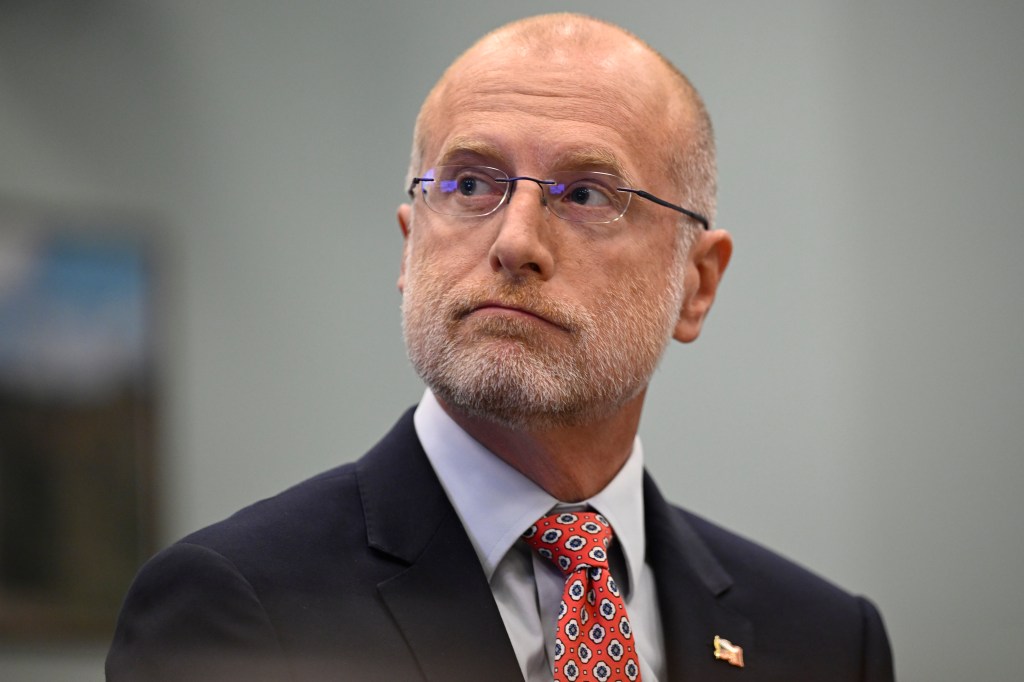The FCC launched a new review of its media ownership limits, amid broadcasters’ lobbying push to modernize the restrictions in the face of competition from tech giants.
The agency voted to take public comment, including on a rule that limits a company from owning more than two stations in a market, and a restriction on mergers between any two of the four major broadcast networks. Such a review — with the prospect of modifying or eliminating the rules — is mandated by Congress every four years.
The FCC’s regulatory moves have taken on a new level of scrutiny following ABC‘s decision to pull, and then reinstate, Jimmy Kimmel‘s late-night show from the schedule. Hours after FCC Chairman Brendan Carr warned broadcasters of potential regulatory action, Nexstar and Sinclair announced that they were sidelining Jimmy Kimmel Live!, and ABC pulled the show indefinitely.
The decision to pull Kimmel drew a backlash, with figures such as Barack Obama and former Disney CEO Michael Eisner weighing in with concerns that ABC was caving to government pressure. Nexstar is seeking FCC approval for its merger with Tegna, and is among the most prominent companies pushing for the agency to repeal a rule that limits broadcast groups to owning stations that reach no more than 39% of U.S. households. That proposed rule change is part of a separate proceeding.
Carr said at Tuesday’s meeting that the review would take into account changes in the marketplace, in which broadcasters compete against podcasts, streaming and social media platforms. “Our primary goal is to promote investment in local broadcasters who provide trusted news and information vital to the communities they serve,” Carr said. “We will also consider whether public safety, national security and other public interest goals should be part of this review. If we determine that any rule no longer serves the public interest, we will fulfill our statutory duty to modify or eliminate those rules.”
Commissioner Anna Gomez voted for the review, citing broadcasters’ loss of advertising dollars to digital, upending their business models.
But she also cautioned against consolidation and its potential to limit localism. She said that although Disney reinstated Kimmel, “for several days the corporate behemoths who own large swaths of local stations across the country did not. That’s because these billion-dollar media companies have business before the FCC. They will need regulatory approval of their transactions and are pushing to reduce regulatory guardrails so they can grow even bigger. That has left local stations trapped in the middle as these massive companies impose their will and their values upon local communities. This precise example neatly encapsulates the danger of allowing vast and unfettered media consolidation. This could drastically alter the media ecosystem and the number of voices that are a part of it.”
Carr noted that a federal appellate court has already vacated a rule that limits companies from owning or controlling two of the top four television stations in a local market. The FCC review will seek comment on “whether, in light of the pressures local stations now face, the rules impede their ability to achieve efficiencies that would allow them to better serve their communities and remain competitive.”
When it comes to the restriction on dual network ownership, the FCC review will take public comment on whether the broadcast giants “remain so unique, particularly with respect to video programming and national advertising, as to justify applying these rules only to them.”

